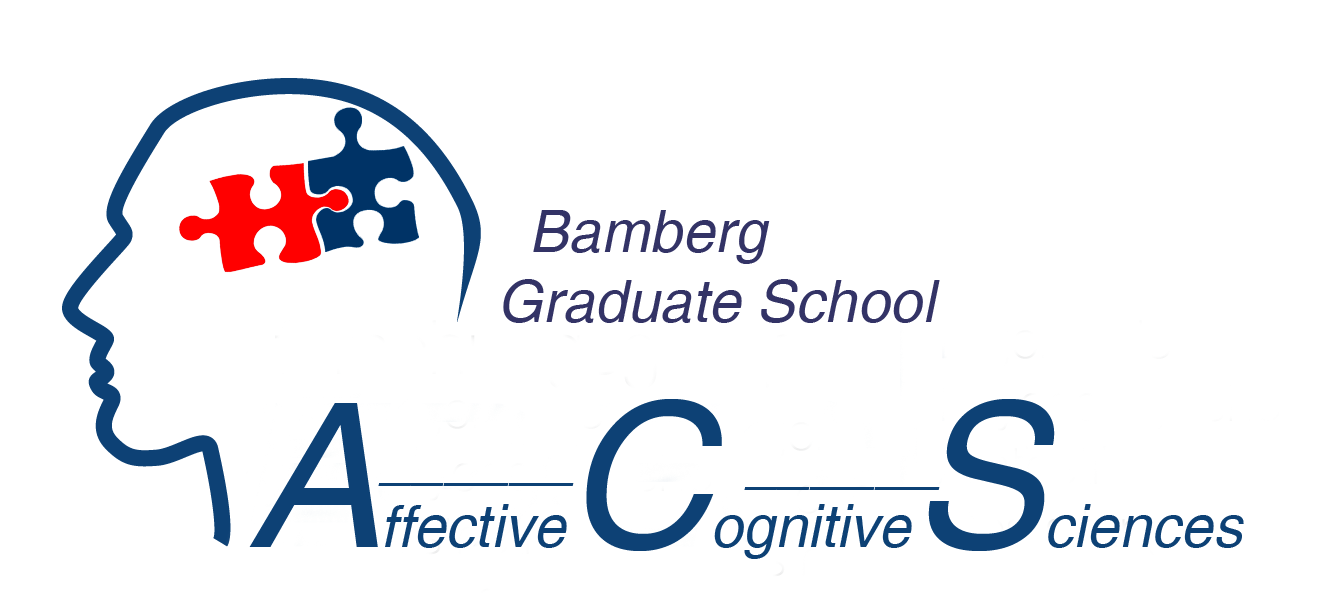Bamberg Graduate School of Affective and Cognitive Sciences (BaGrACS)
Welcome to the Bamberg Graduate School of Affective and Cognitive Sciences (BaGrACS)! Our programme provides doctoral candidates with advanced, systematic training in the application of theoretical and methodological concepts essential to the specialized field of affective and cognitive sciences. Our curriculum is part of an interdisciplinary association founded on the highest international quality criteria.
I am pleased to see you visiting BaGrACS!
All the best,
Professor Claus-Christian Carbon, PhD
--Speaker and Chairman of BaGrACS
About the Programme
“Affective and Cognitive Sciences” (ACS) is a field of psychology which comprises both the affective and cognitive branches of the science and places particular emphasis on the topic areas common to these two subfields. One notable example of this is the empirical study of aesthetics: preferences and partiality for specific objects, products or works of art are based on both affective reactions (e.g. primary reactions of attraction and aversion) and on cognitive factors triggered, for example, by knowledge of the aesthetic object, associations with the object, and by complex problem solving related to further cognitive processing of the object.
Is BaGrACS for me?
The BaGrACS programme is primarily geared towards graduates with a degree in psychology, particularly with an emphasis on affective and cognitive sciences.
Additionally, BaGrACS encourages application and participation by doctoral candidates in neighbouring subjects like applied computer science, art history or restoration studies.
